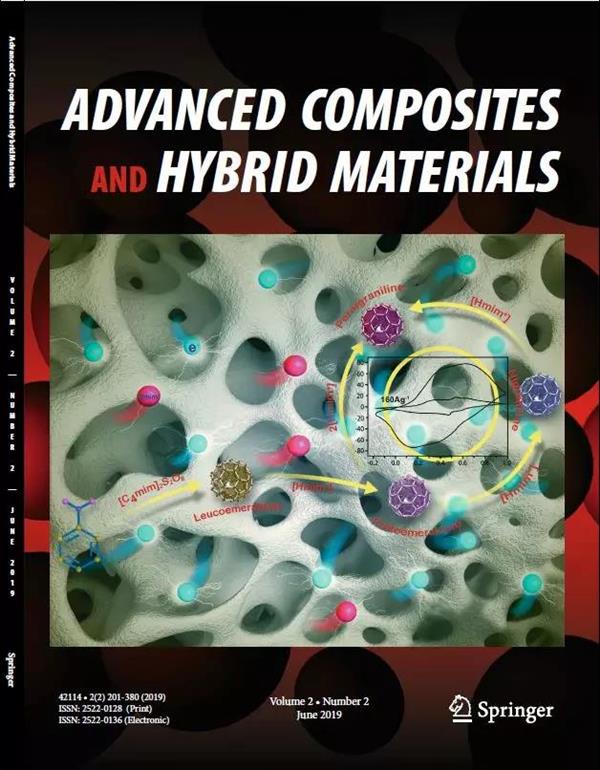A rosin derivative, dehydroabietic alcohol (DHAA), was synthetized and employed to graft onto polyacrylic acid (PAA) via the Steglich esterification reaction, forming a block copolymer consisting of the acrylic acid units and monomer units containing ester groups. The resulted dehydroabietic alcohol grafted polyacrylic acid (DHAA-graft-PAA) demonstrated enhanced pH and temperature sensitivities. The number ratio of the acrylic acid monomer units reacted with the DHAA and the unreacted acrylic acid monomer units was estimated by the NMR results. The number-average molecular weight of DHAA-graft-PAA was determined to be 9290 by an acid-base titration method. The optimal decomposition temperature of DHAA-graft-PAA measured using a thermogravimetric analyzer was approximately 289 °C. The structural characteristics of the DHAA-graft-PAA were analyzed using Fourier transform infrared spectroscopy, ultraviolet (UV) spectroscopy, and proton nuclear magnetic resonance spectroscopy (1HNMR). The conformational transition of the DHAA-graft-PAA under different pH and temperature values was investigated. The scattering intensity experiments showed that 7.96 was a critical pH value and 5 °C was a critical temperature. When the pH value was below 7.96, the degree of carboxyl group ionization in the polymer was decreased, leading to a repulsion between the carboxyl groups in the polymer chains and causing the chain contraction. When the temperature dropped to 5 °C, the conformation transitioned from an extended state to a contracted state. This study demonstrates the intelligent applications for a novel pH and temperature-sensitive polymer.


